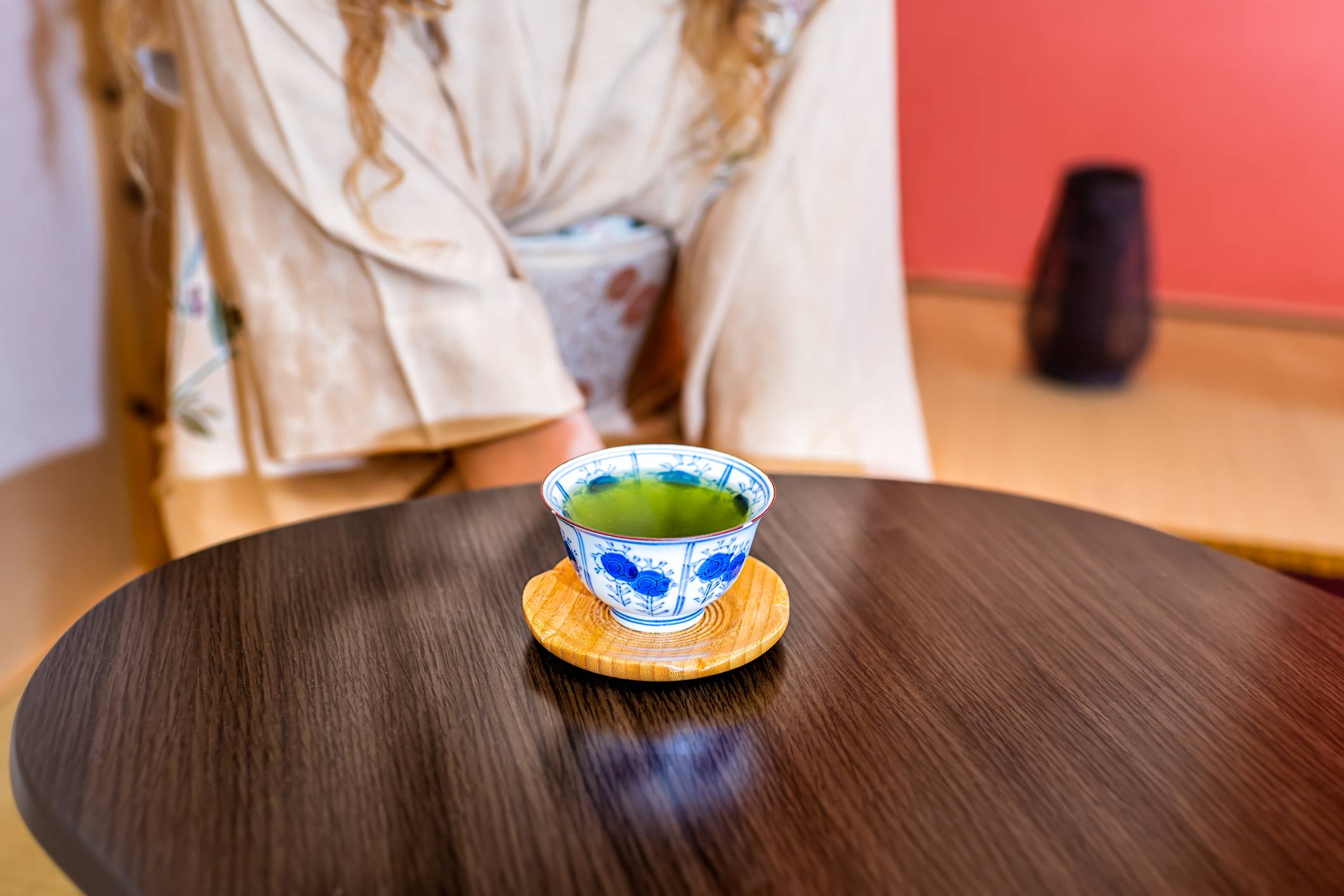Only a few centuries ago, good manners sometimes meant the difference between life and death. Back in the Edo Period (1603-1868), even lower-ranking samurai had the right of 切捨御免 (kirisute gomen), which translates as “permission to kill commoners for perceived affronts.”
These days, being 礼儀正しい (reigi tadashii, well-mannered) isn’t quite so vital, but it is still taken for granted that マナーは人柄を映す(manā wa hitogara o utsusu, a person’s manners reflect their character). Unfortunately for me, my manners are still calibrated to “American.”
Imagine my concern, then, when my landlady invited me to tea. We don’t interact much, but when I first met her to sign the lease, she had said, 「すごく真面目そうな人だから安心している」 (Sugoku majimesōna hito dakara anshin shite-iru, You seem like a very responsible young man, so I’m not worried). But I was certain that within five seconds of setting foot in her 和室 (washitsu, Japanese-style room), that illusion would be punched full of holes like the 障子紙 (shōji gami, shōji paper) windows in my house.



















With your current subscription plan you can comment on stories. However, before writing your first comment, please create a display name in the Profile section of your subscriber account page.